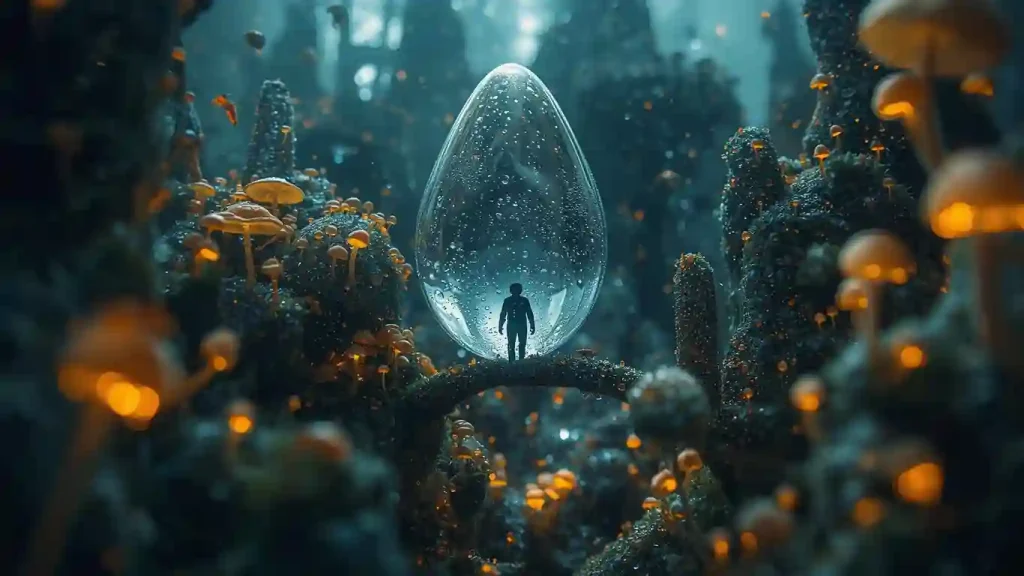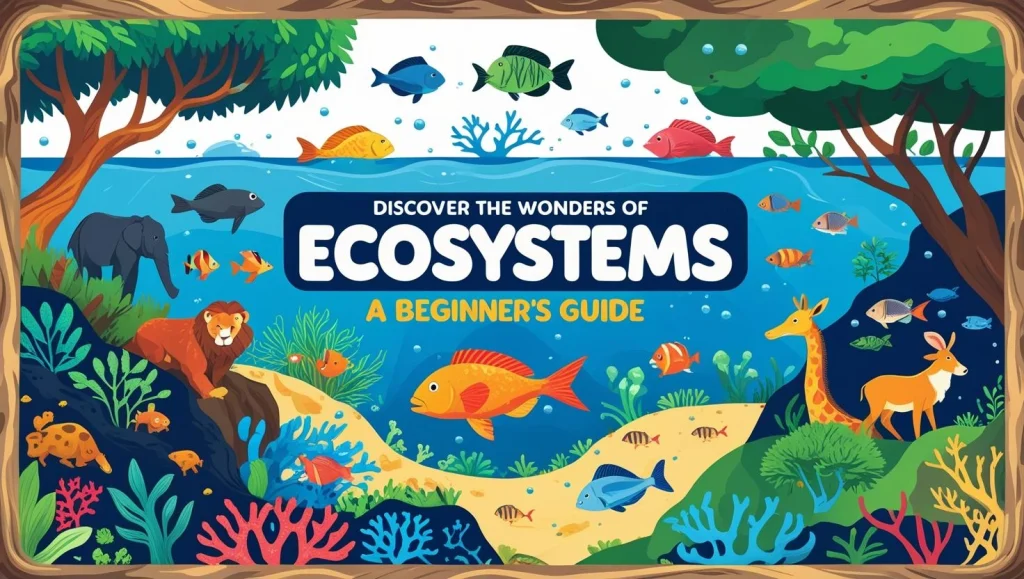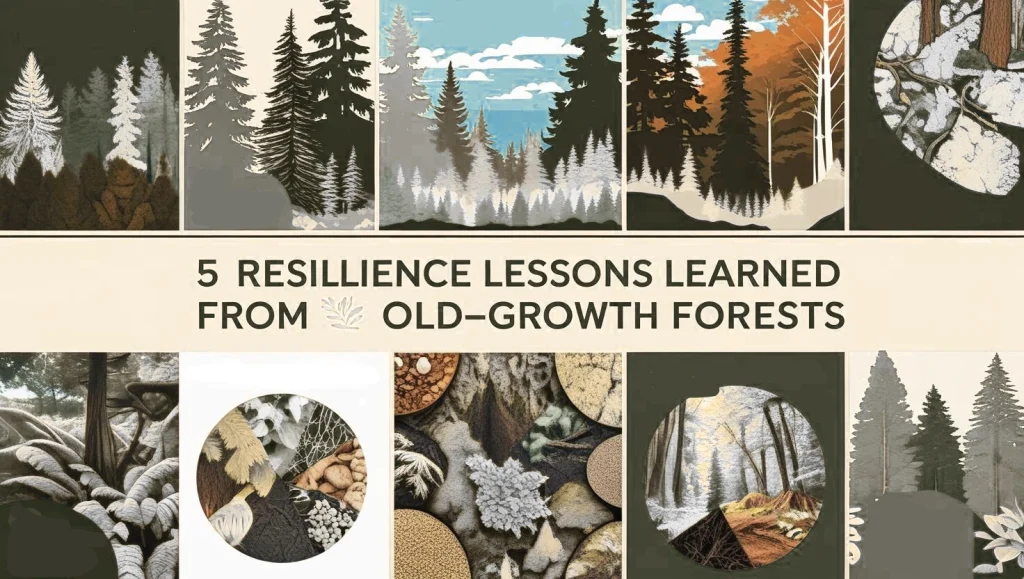
Introduction: The Hidden Power of Insects
What if the key to human survival buzzed, crawled, or fluttered on six legs? Insects, often dismissed as pests, are the unsung heroes of our planet, forming the largest and most diverse animal kingdom with over 1 million known species. These tiny titans pollinate our crops, recycle nutrients, and support ecosystems that keep humanity thriving. The absence of them would bring down our food production, harm the planet, and weaken the economy. In this article, we’ll uncover how insects drive agriculture, maintain biodiversity, provide cultural and economic value, and face alarming declines. Join us to explore why protecting these creatures is not just an environmental cause but a necessity for our survival.
The Insect Kingdom: A Biological Powerhouse
Insects dominate the animal kingdom, accounting for roughly 80% of all animal species. With an estimated 10,000 new species discovered yearly, their diversity is unmatched, according to the International Union for Conservation of Nature (IUCN). Evolving over 400 million years, insects have conquered nearly every habitat, from rainforests to deserts.
Why Insects Thrive:
- Diversity: Over 1 million species, from beetles (350,000+ species) to butterflies.
- Adaptability: Small size and rapid reproduction (e.g., a female aphid can produce 100 offspring weekly).
- Resilience: Survive extreme conditions, like Antarctic midges enduring -15°C.
This biological prowess enables insects to perform critical roles in ecosystems, laying the foundation for human survival. Their sheer numbers and adaptability make them indispensable to life on Earth.
Also Read: Ocean Carbon Evolutionary Impacts On Marine Life
Pollination: Feeding the World
Insects, especially bees, butterflies, and beetles, are the backbone of global agriculture through pollination. They carry pollen from flower to flower, making it possible for plants to create fruits, vegetables, and seeds. The Food and Agriculture Organization (FAO) estimates that 75% of global food crops rely on pollinators, contributing to one-third of our food supply.

Key Facts About Insect Pollination:
- Crop Impact: Pollinators support crops like apples, almonds, coffee, and cocoa.
- Economic Value: Pollination services are worth $235-577 billion annually.
- Efficiency: A single honeybee can pollinate 5,000 flowers in a day.
Pollinators are struggling to survive amid rising threats from chemicals, environmental loss, and global warming. A 2019 Nature study reported a 30-50% decline in bee populations in some regions, jeopardling fears for food security. Protecting pollinators is critical to feeding the world.
Decomposition: Nature’s Recyclers
Insects like termites, beetles, and ants are nature’s recyclers, breaking down organic matter to enrich soils. This process supports agriculture by enhancing soil fertility, which can boost crop yields by up to 20%, according to Cornell University research.
Insects’ Role in Decomposition:
- Nutrient Cycling: Through decomposition, they transform organic waste into nutrients that nourish the environment.
- Soil Health: Through their waste-burying behavior, dung beetles contribute to better soil quality and nutrient levels.
- Ecosystem Benefits: Prevent waste buildup, reducing greenhouse gas emissions.
Dung beetles, for example, process livestock waste, controlling parasites and supporting grazing lands. Without decomposers, ecosystems would choke on unprocessed material, disrupting nutrient cycles essential for agriculture and biodiversity.
Also Read: Save The Future India Rainwater Harvesting
Insects in the Food Chain: From Prey to Protein
Insects are a vital link in food chains, serving as prey and, increasingly, as human food. They support countless species, including 60% of bird species, per the Audubon Society. Their decline could destabilize ecosystems, threatening predators and biodiversity.
Insects in Food Systems:
- Prey: Essential food for birds, amphibians, and mammals.
- Human Consumption: Over 2 billion people eat insects (entomophagy), like crickets and termites.
- Sustainability: Insects require 12 times less feed than cattle for equivalent protein, per FAO.
Entomophagy offers a sustainable protein source, especially in regions facing food insecurity. Cultural barriers in some areas persist, but insects’ nutritional value and low environmental impact make them a promising food solution.
Economic and Cultural Significance
Insects drive economies and enrich cultures. From honey to silk, their contributions are vast and often underappreciated.
Economic and Cultural Contributions:
- Honey: Valued at $9 billion, the honey market sustains the livelihoods of millions globally.
- Silk: Silkworms fuel a $3 billion industry, primarily in Asia.
- Medicine: Insect-derived compounds, like those from beetles, aid pharmaceuticals.
- Cultural Symbols: Scarab beetles represented rebirth in ancient Egypt.
These contributions highlight insects’ multifaceted roles, from economic engines to cultural icons, underscoring their importance beyond ecology.
Also Read: Environmental Impact Of Big Data Centers
The Threat of Insect Decline

Insect populations are plummeting, with a 2019 Science study warning that 40% of species face extinction risks. Pesticides, habitat loss, and climate change are primary culprits, with pollinator habitats shrinking by 30% in some regions.
Consequences and Solutions:
- Impacts: Reduced pollination could cut crop yields by up to 50%.
- Causes: Intensive farming, urbanization, and rising temperatures.
- Solutions: Adopt sustainable agriculture, reduce pesticides, and plant native flowers.
Individuals can help by creating pollinator-friendly gardens or supporting conservation efforts. Protecting insects is a human imperative to safeguard food security and ecosystems.
Conclusion: A Call to Protect Our Tiny Titans
Insects, the largest animal kingdom, are the invisible force behind human survival. They pollinate our crops, recycle nutrients, sustain food chains, and enrich economies and cultures. Yet, their decline threatens our food systems and biodiversity. By planting native flowers, reducing pesticide use, and advocating for sustainable practices, we can protect these tiny titans. Their survival is our survival—a reminder that even the smallest creatures hold immense power.
FAQs
Why are insects important to humans?
Insects pollinate crops, decompose waste, support food chains, and provide products like honey and silk, directly impacting food security and economies.
How can we protect insects?
Plant native flowers, reduce pesticide use, and support conservation efforts to preserve insect habitats.
Would we be alive without bugs?
No, we wouldn’t. Bugs (insects) are essential for pollination, decomposition, soil health, and the food chain. Without them, ecosystems would collapse.
How can eating insects save the world?
Eating insects can save the world by reducing greenhouse gas emissions, lowering land and water use, and providing a sustainable protein source with less environmental impact than traditional livestock.
Are insects a creation of God?
Many religious beliefs hold that insects, like all living things, are creations of God.

